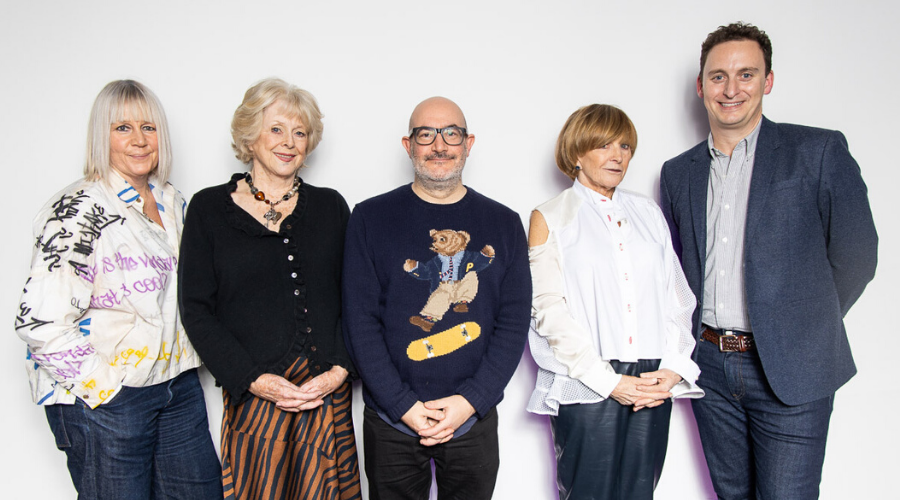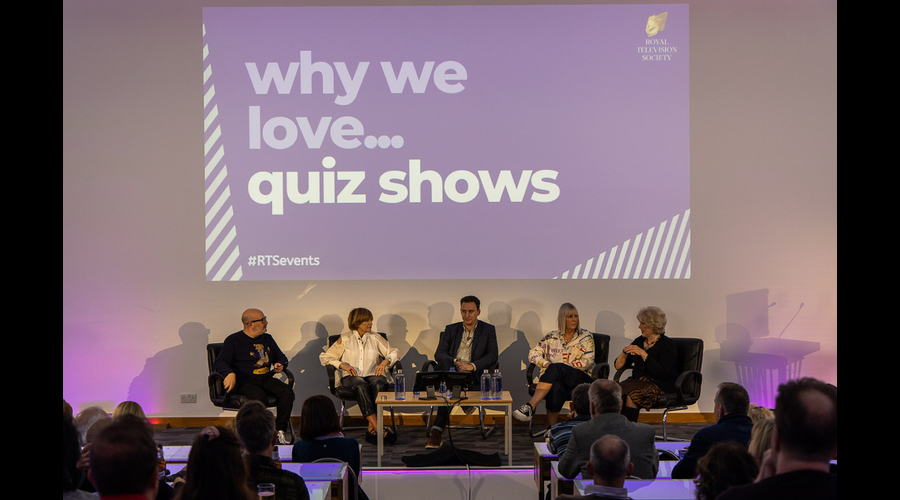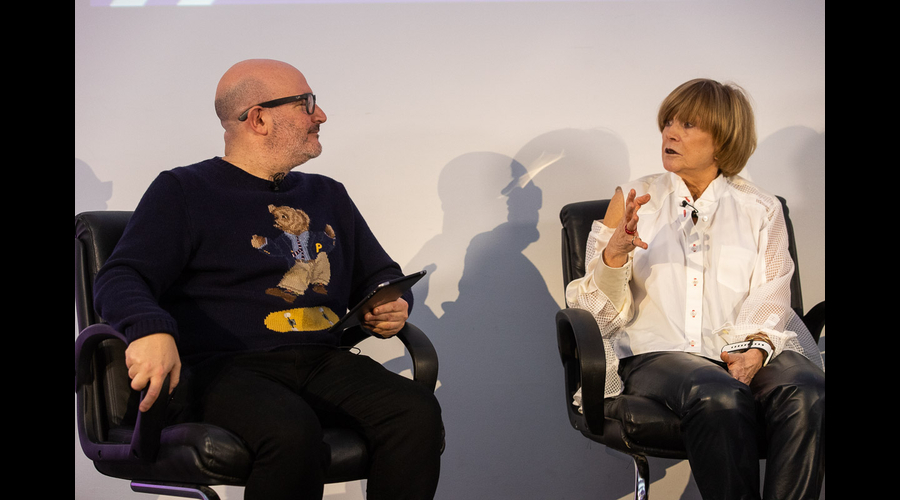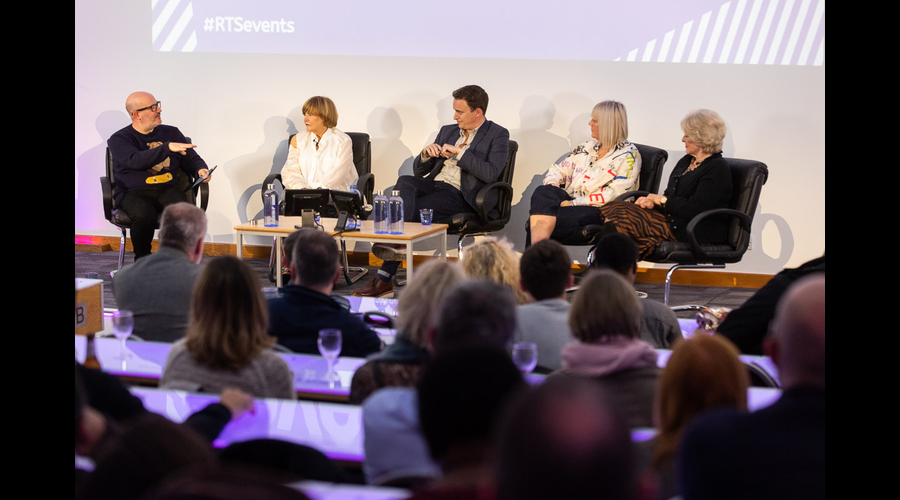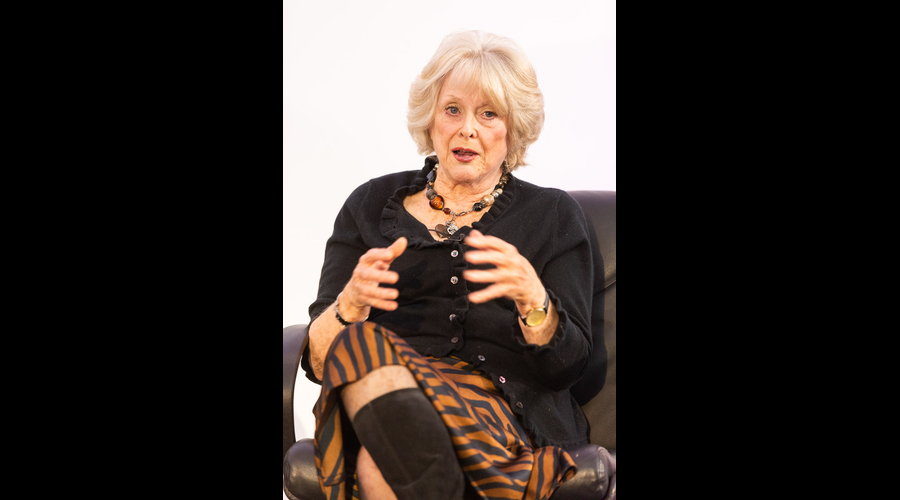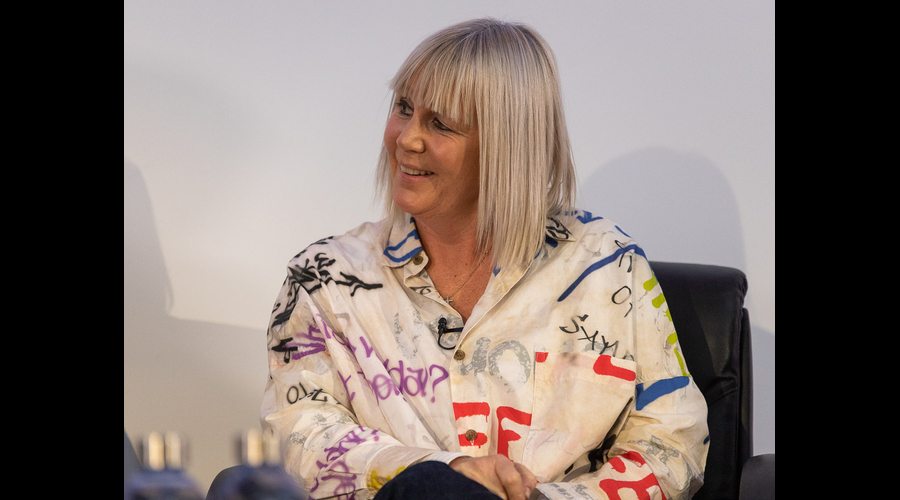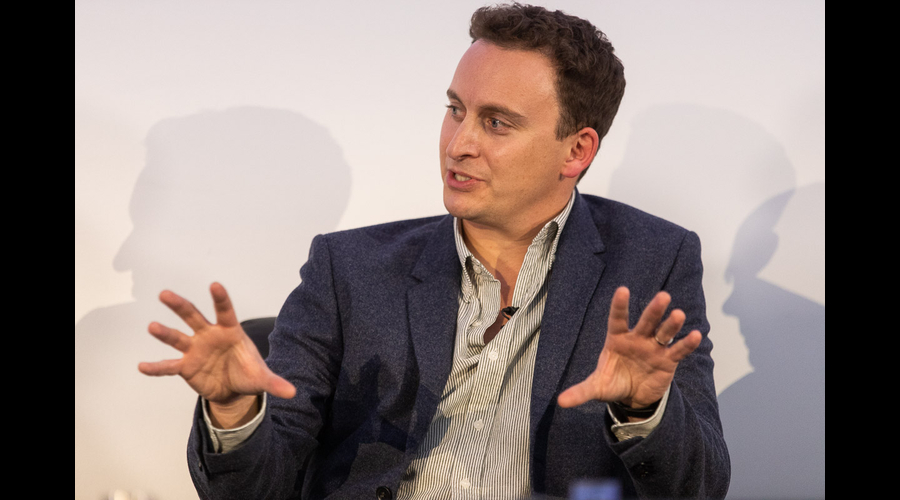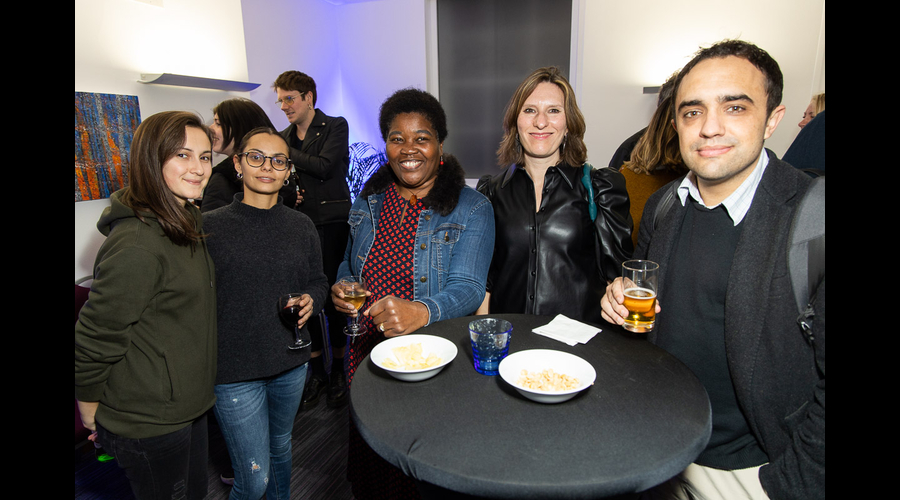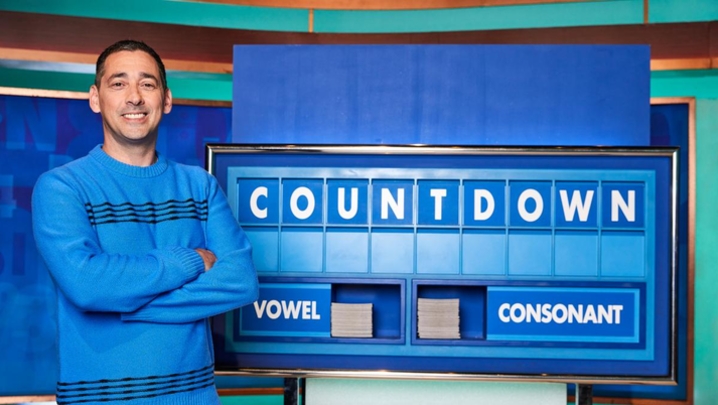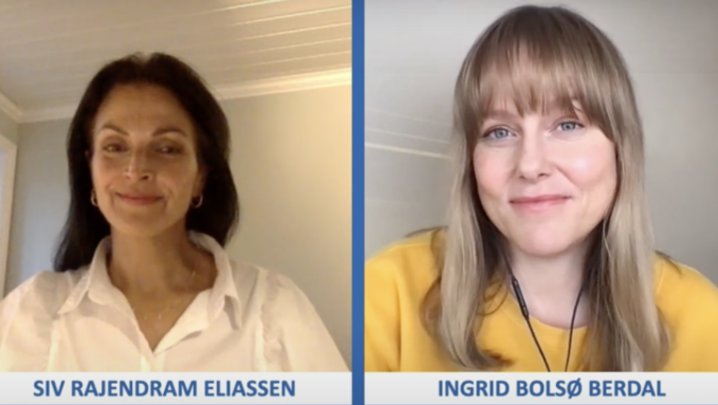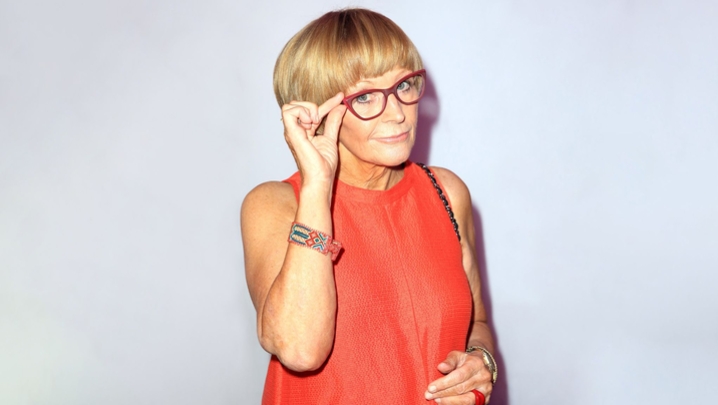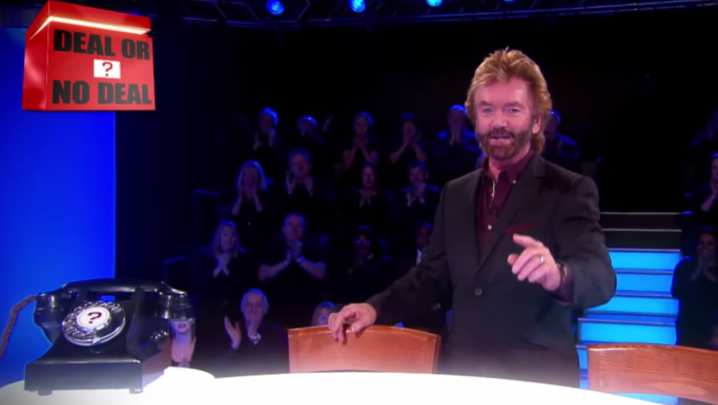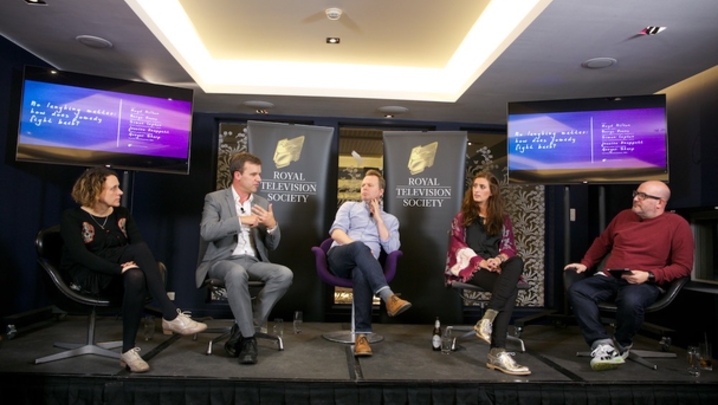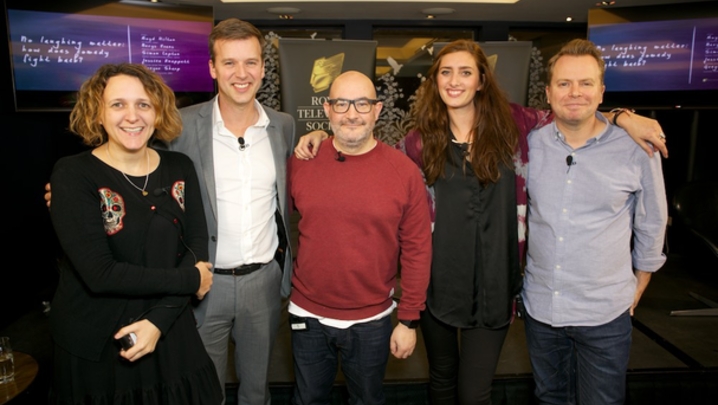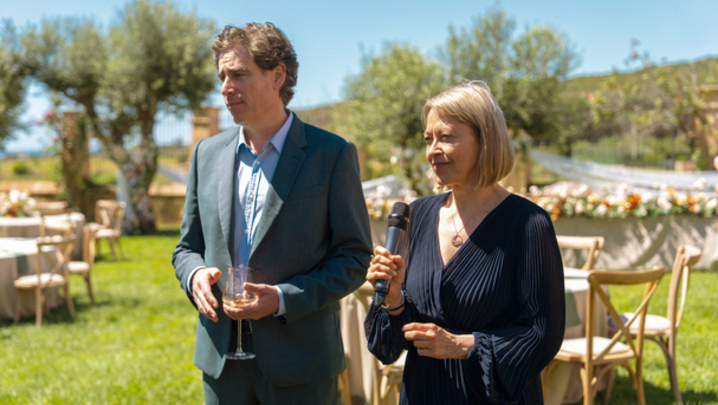“Huge sums of money and quite easy questions” were the motivation for Judith Keppel – the first person to win £1m on the show – to enter Who Wants to Be a Millionaire?
She was speaking at an RTS early-evening event in early December that celebrated the enduring appeal of quiz shows.
The audience were treated to a clip of Keppel’s triumph – one of British TV’s most iconic moments. Despite appearing calm and clear-headed as she pondered the jackpot question –Which king was married to Eleanor of Aquitaine?* – Keppel admitted: “I was like a duck – I was paddling madly underneath.
“I wasn’t calm at all. I thought my heartbeat was so loud that the mics would pick it up.”
Anne Robinson, presenter of legendary BBC quiz The Weakest Link, was known for her much-imitated catchphrase – “You are the weakest link… Goodbye” – directed at a contestant ejected from the show.
The quiz’s format, which encouraged contestants to be ruthless, was embraced by Robinson, who recalled: “[Over] 11 years, I was incredibly rude to thousands of people.
“Normally, a host [says], ‘Hello, how are you?’ But right from the beginning I knew it was important not to make friends with anybody.
“We did very well with me being increasingly horrible.”
Occasionally, Robinson recalled, she went too far. “Sometimes I would have a go at, say, a student and I would come off and say, ‘That was killing kittens.’
“What you needed was someone cocky, who think they’re going to get the better of you. And then you can be seriously rude.”
All photography by Paul Hampartsoumian
“It was a brilliant format but the format wouldn’t have been what it was without Annie,” recalled current Channel 4 head of daytime Jo Street, who worked with Robinson on The Weakest Link. “[It] wouldn’t have been a good show with a warm and cuddly host.”
Quizzes can harvest huge ratings in primetime: Who Wants to be a Millionaire? which launched in 1998, attracted audiences of 19 million in its early years. And they dominate the big terrestrial channel’s late afternoon and early evening schedules: ITV airs The Chase; the BBC has Pointless, Eggheads and Richard Osman’s House of Games.
So, what’s the secret of a successful quiz show? “The whole family can join in and you can sit at home and be clever. And, if you’ve got a good quiz show, once you start watching, it’s very difficult not to watch to the end,” said Robinson.
Familiarity is important, argued James Fox, MD of Remarkable, which has a roster of quiz shows, including BBC juggernauts The Wall and Pointless. “When Pointless isn’t on at 5.15, there’s uproar and the BBC get more complaints about it than any other thing,” he said.
A good quiz, he continued, is something “you can come back to day after day, [where] you know the format”.
Jo Street has overseen many quizzes over the years. Once, when in charge of BBC quiz Eggheads – which is now in its 17th year – she made the mistake of breaking the series’ run as a high jackpot was building.
“The complaints log crashed because the result never played out,” she recalled. “You disrespect the quiz audience at your peril.”
She continued: “[Quizzes] are a way to define a channel – you know what a channel is by which quizzes are on it. And it’s a way of putting people on telly – people love to see themselves reflected. And they bring you massive audiences.”
“People watch the high-brow ones like University Challenge and Mastermind for the same reasons that [they] watch sport – [to see] people being really brilliant,” argued Keppel. She has been one of the experts on Eggheads since the show’s launch in 2003.
Were there any shows the panellists would like to see revived. Top of the Form, a quiz for secondary-school children, which ran on BBC One from 1962 to 1975, said Keppel.
Remarkable MD James Fox plumped for one of his indies’ own shows, Deal or No Deal, which, hosted by Noel Edmonds on Channel 4, ran to more than 3,000 episodes. “These shows can run and run,” he said.
Blankety Blank, said Robinson: “I’ve been on it twice and I haven’t the foggiest idea of how it works.”
* Henry II
The RTS early-evening event ‘Why we love… quiz shows’ was held at the Cavendish Conference Centre in central London on 2 December. The event was chaired by Boyd Hilton, entertainment director of Heat magazine, and the producers were Sally Doganis and Vicky Fairclough. A longer report will appear in the January issue of Television.

